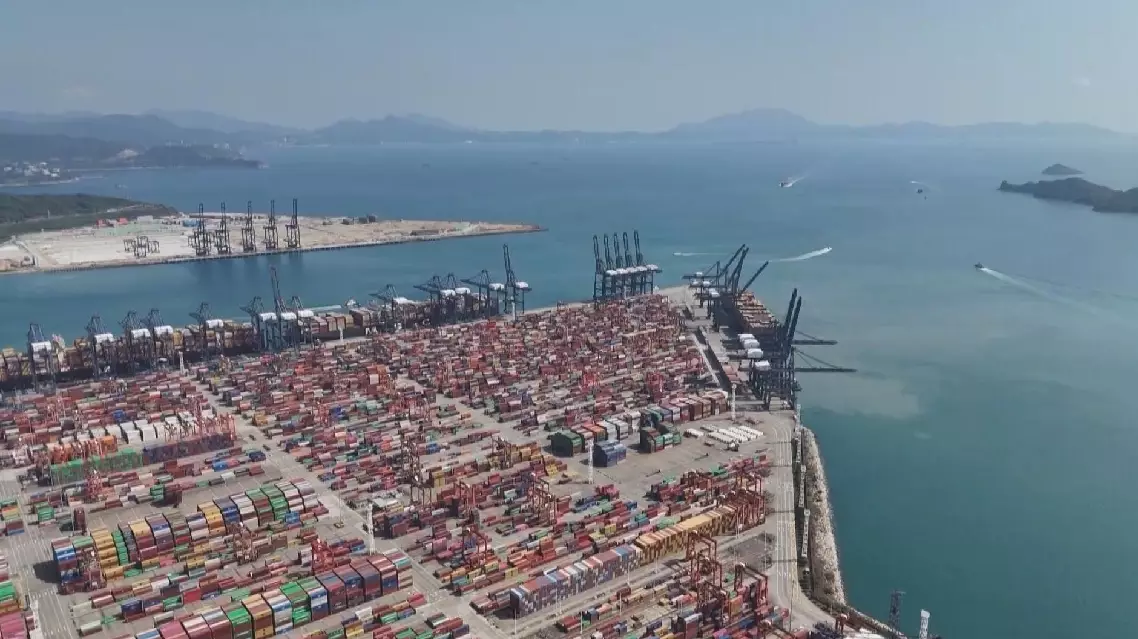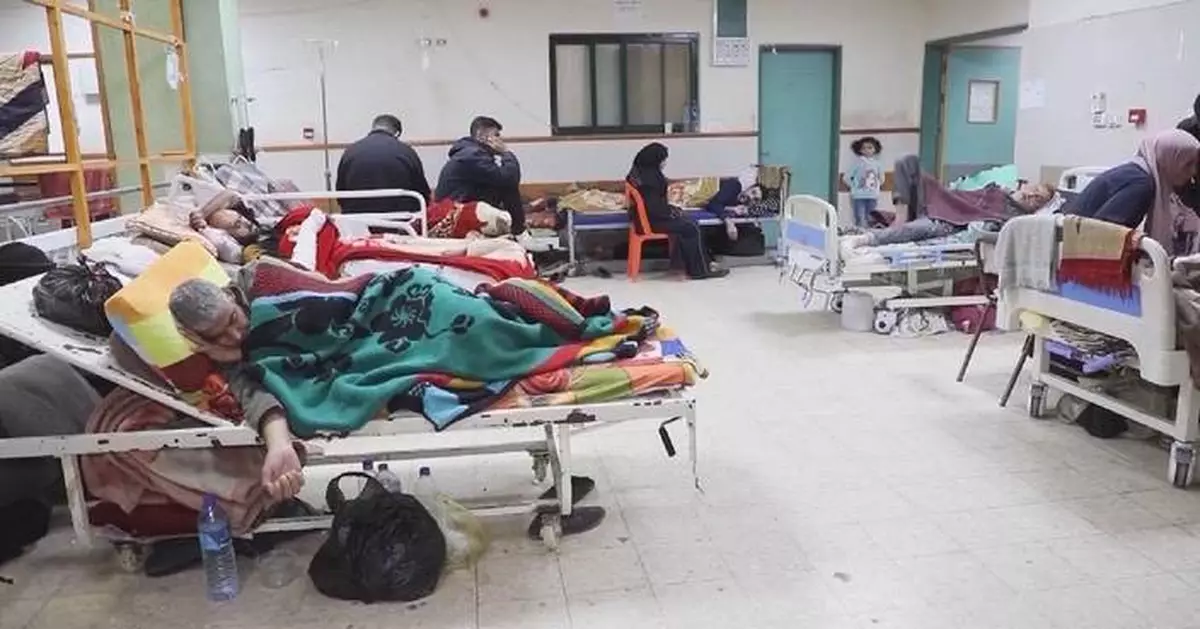Since the breakout of the latest round of the conflict between Israel and Hamas in early October 2023, the Palestinian death toll from Israeli attacks in Gaza has risen to 48,239, with 111,676 others injured, the Gaza-based health authorities said in a statement on Thursday.
In the past 24 hours, the Israeli forces killed three people and wounded two others in their operations in the region, and Gaza hospitals also received 14 corpses pulled out of the rubbles, the health authorities reported.
On Thursday, Taher Al-Nono, a senior official of Hamas, stressed the need to immediately start negotiations for the second phase of the ceasefire agreement, and urged Israel to actively fulfill its obligations. The advisor also blamed Israel for the delay in negotiations.
Currently, the ceasefire deal is facing its most severe crisis since the implementation of its first phase.
Israeli Prime Minister Benjamin Netanyahu said Tuesday that the ceasefire with Hamas would end "if Hamas does not return our hostages by noon on Saturday."
Netanyahu's remarks came a day after Hamas announced that the handover of hostages scheduled for Saturday would be postponed until further notice. Following Netanyahu's statement, Hamas said it remained committed to the ceasefire deal as long as Israel abides by it.
Israel "bears full responsibility for any complications or delays," the group said in a statement.
On Monday, Hamas accused Israel of violating the three-week-old ceasefire deal, including blocking vital humanitarian aid.
The three-phase ceasefire agreement, brokered by Qatar, Egypt and the United States, aims for a "permanent ceasefire between the parties," according to the mediators.
The first stage, which lasts for 42 days, includes a ceasefire, the withdrawal and redeployment of Israeli forces outside densely populated areas, the release of hostages and exchange of prisoners and detainees, the exchange of the remains of the deceased, the return of internally displaced persons to their places of residence in Gaza, and facilitating the departure of patients and the wounded to receive treatment, as well as intensifying the safe and effective entry and distribution of humanitarian aid on a large scale throughout the Gaza Strip.
The deal is also expected to see 33 of the remaining 98 Israeli hostages released in return for more than 1,890 Palestinian prisoners and detainees in the first phase of the agreement, according to the Egyptian foreign ministry.
The details of the second and third phases will be announced after the completion of the first phase of the agreement.

Palestinian death toll in Gaza climbs to 48,239
Many Chinese logistics companies are ramping up their shipments for the U.S. market following the latest round of mutual tariff adjustments between China and the United States.
China and the United States announced in Geneva on Monday a series of tariff modification measures aimed at easing trade tensions between the world's two largest economies.
The decision followed a two-day China-U.S. high-level meeting on economic and trade affairs, where both sides recognized the importance of their bilateral economic and trade relationship to both countries and the global economy, a joint statement said, noting that both sides emphasized the need for a sustainable, long-term and mutually beneficial economic and trade relationship.
The latest measures have driven up the businesses of shipping companies in Shenzhen City, in south China's Guangdong Province.
In a freight forwarding company in Shenzhen, the manager said that U.S. clients are experiencing shortages of supplies and are pressuring them to expedite shipments on the next available vessels. The staff members are busy organizing export release documents, with stacks of paperwork for shipments to ports in Los Angeles, New York, and Chicago.
"Since the afternoon of May 12, our shipment volume has increased by 40 percent. By June, it should at least be doubled compared to now," said Fu Shengying, deputy general manager of Guangdong Branch of WorldEx Group.
Fuwei Community in Bao'an District, Shenzhen, is an important hub for cross-border e-commerce logistics. Recent data shows that the average daily export shipment volume here has increased by 14 percent over the past three days compared to May 11.
In another logistics company specializing in cross-border e-commerce, orders from U.S. clients have also surged. According to the company, these clients are facing low inventory and need to restock immediately. Over the past few days, the company has received more orders than during the same period in the previous years.
The company manager noted that the surge in order volume has led to increased demand for container ships. Consequently, some shipping companies are starting to adjust their capacity allocation on a global scale.
"Many shipowners had previously adjusted their capacity, but now that a large volume of cargo is suddenly coming in, there is a shortage of capacity. Consequently, freight rates are rising rapidly. Despite this, many clients are still very eager to ship their goods," said Luo Rong, general manager of Shenzhen Branch of Dewell Group.
Yantian Port in Shenzhen is the busiest shipping hub in South China for routes between China and the United States, handling over a quarter of the country's exports to the United States. To meet the surge in demand from U.S. clients, Yantian Port is now scheduling six daily sailings to the United States.
The port staff said that they have recently received inquiries from several shipping companies and are coordinating berth arrangements and schedules. They are prioritizing vessels for U.S. routes at Yantian Port.
Summer is the traditional Christmas ordering season in the United States, and due to previous export suspensions, American sellers' inventories have been declining and urgently need restocking. As a result, demand for Chinese goods is expected to keep rising in the near future.

Chinese logistics enterprises ramp up shipments after China-US tariff adjustment






















































